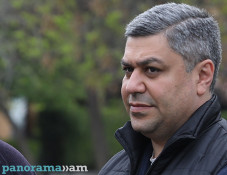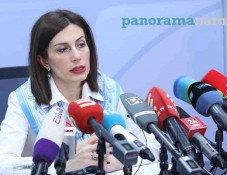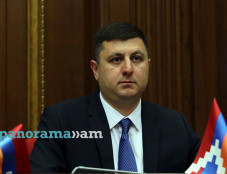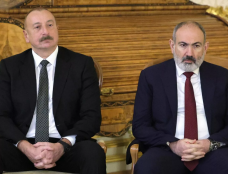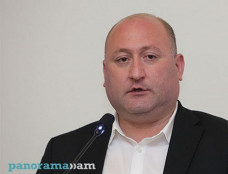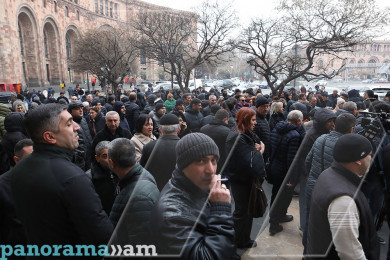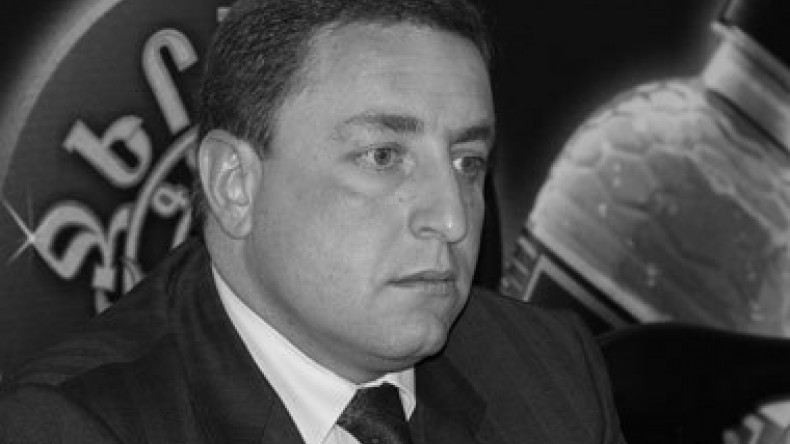
“Next phase of field assessment mission to be committed in NK territories under Azerbaijani control”
Media publications have widely covered OSCE Minsk Group co-chairs regional meetings with Ilham Aliyev of Azerbaijan, Serzh Sargsyan of Armenia and Bako Sahakyan of Nagorno-Karabakh. During all those meeting NK conflict issues were highlighted, particularly, issues related to the OSCE MG field assessment mission activities. The mission finished its activities on October 12.
Panorama.am talked to National Assembly Deputy and Republican member Karen Avagyan about a range of issues related to the above mentioned topic.
NA Deputy said the OSCE MG field assessment mission targeted the study of the situation in the region, since two of the three co-chairs are recently appointed; hence they needed direct communication with the local conditions.
“The co-chairs told both Serzh Sargsyan and Bako Sahakyan that the next phase of the field assessment will be committed in the NK regions of Shahumyan, Getashen, Martakert, Martunashen, which are currently under Azerbaijan’s control. They stated the very first opportunity to visit annihilated Djugha’s cemetery in Nakhijevan will also be used,” K. Avagyan said.
According to the official, the Armenian side takes every initiative to contribute to the peaceful negotiations over the NK conflict, and it’s should be but praised that the co-chairs had opportunity to directly communicate with people of Artsakh.
“Generally, any chance to visit Artsakh, to get acquainted with their way of living, to communicate with them, to see their historical heritage should be hailed,” K. Avagyan said.
The Nagorno-Karabakh (armed) conflict broke out back in 1991, when, subsequent to the demand for self-determination of the Nagorno-Karabakh people, Azerbaijani authorities attempted to resolve the issue through ethnic cleansings, carried out by Soviet security forces (KGB special units) under the pretext of the implementation of the passport regime and by launching of large-scale military operations, which left thousands dead and caused considerable material damage. A cease-fire agreement was established in 1994. Negotiations on the settlement of the conflict are being conducted under the mediation of the OSCE Minsk Group Co-Chairmen (
Newsfeed
Videos








